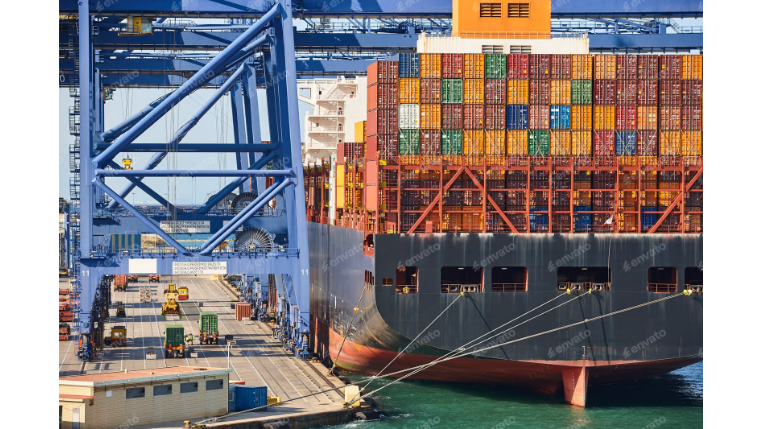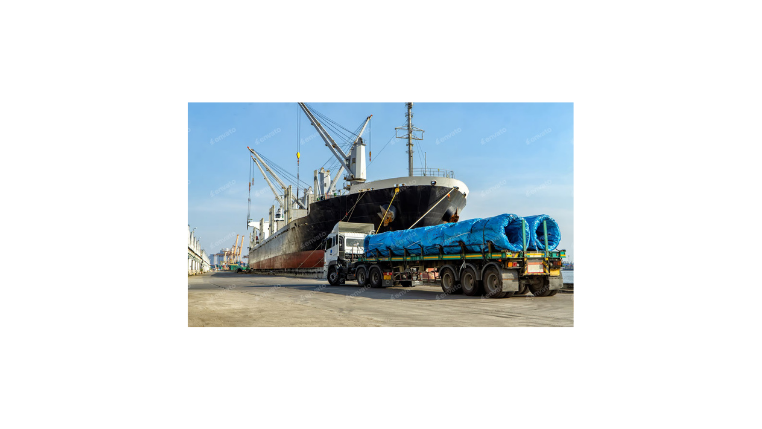HS Codes: The Secret Language of Global Trade Your Business Needs to Speak
Your shipment is stuck.
The tracking status hasn't changed in days, your customer is getting impatient, and the customs office is an impenetrable black box. It’s a nightmare scenario for any business that ships internationally. The culprit is often not a lost package or a damaged label, but something much smaller: a simple, six-digit number.
Welcome to the world of HS Codes. If you’re moving goods across borders, speaking this language isn’t optional—it’s essential for growth and success.
What Exactly Are HS Codes?
Think of the Harmonized System (HS) code as the universal passport for your product.
Developed and managed by the World Customs Organization (WCO), it’s a standardized code that tells every customs officer in the world exactly what you’re shipping. It creates a common language that cuts through trade barriers and confusion. Getting it right means a smooth journey. Getting it wrong? That’s where the headaches begin.
Cracking the Code: A Simple Breakdown
The beauty of the HS system is its logical, hierarchical structure. Every product is assigned a six-digit code that breaks down like this:
- First two digits (Chapter): The broad category of the product.
- Middle two digits (Heading): A more specific group within that chapter.
- Last two digits (Subheading): The precise, detailed product identification.
Let's see it in action. Say you're shipping a small gasoline-powered car:
- Chapter 87: Vehicles and their parts
- Heading 03: Passenger cars
- Subheading 21: Engine size not exceeding 1,000cc
Instantly, that code—8703.21—tells a customs officer in Istanbul or Los Angeles exactly what's in the container.
Why Getting This Code Right is Non-Negotiable
A simple code might not seem like a big deal, but it dictates money, time, and legality. An incorrect HS code can trigger a cascade of costly problems.
It's All About the Money: Tariffs and Duties
The primary function of an HS code is to determine the customs tariff rate. The wrong code could mean you overpay on every shipment, or worse, underpay—leading to hefty fines, back-payments, and audits down the road.
Avoid the "Stuck at Customs" Nightmare
An incorrect or ambiguous code is a massive red flag. It guarantees delays as officials manually inspect your shipment to verify its contents. This not only ruins your delivery timelines and frustrates your customers but also racks up expensive storage fees.
Stay Compliant and Trade Safely
HS codes are used to enforce a wide range of regulations, from product safety and health standards to environmental protections. Classifying a restricted item under the wrong code isn't just a simple mistake; it can be considered smuggling, with severe legal consequences.
Unlock Valuable Market Insights
On a larger scale, governments use HS code data to track global trade flows. Accurate data helps everyone make smarter economic decisions, from policymakers to entrepreneurs looking for the next big market opportunity.
Your Action Plan: How to Find the Right HS Code
The single most important takeaway is this: Never guess your product's HS code. The risk is simply not worth it. Follow these steps to get it right:
- Use Official Resources: Your first stop should always be your country's official tariff database, like the U.S. Harmonized Tariff Schedule or the UK's Trade Tariff. These are the sources of truth.
- Don't Blindly Trust Suppliers: A common mistake is using the HS code your manufacturer provides. That code may be correct for their country's export laws, but not for your country's import laws. Always verify.
- When in Doubt, Consult an Expert: This is what customs brokers and freight forwarders are for. Their expertise is invaluable for navigating complex product classifications and ensuring your shipments are compliant from the start.
The Future is Now: What's Next for the HS System?
The HS system isn’t a static rulebook. It’s constantly evolving to keep pace with global innovation. The WCO updates the codes every five years to include new products (think drones, 3D printers, and plant-based foods).
Furthermore, digitalization is transforming how we use them. AI-powered tools are emerging to help businesses classify products more accurately, reducing human error and streamlining the entire customs process.
Mastering HS codes is a fundamental step in transforming your business from a local player into a global contender. It’s the language of trade, and once you speak it fluently, the world opens up.










